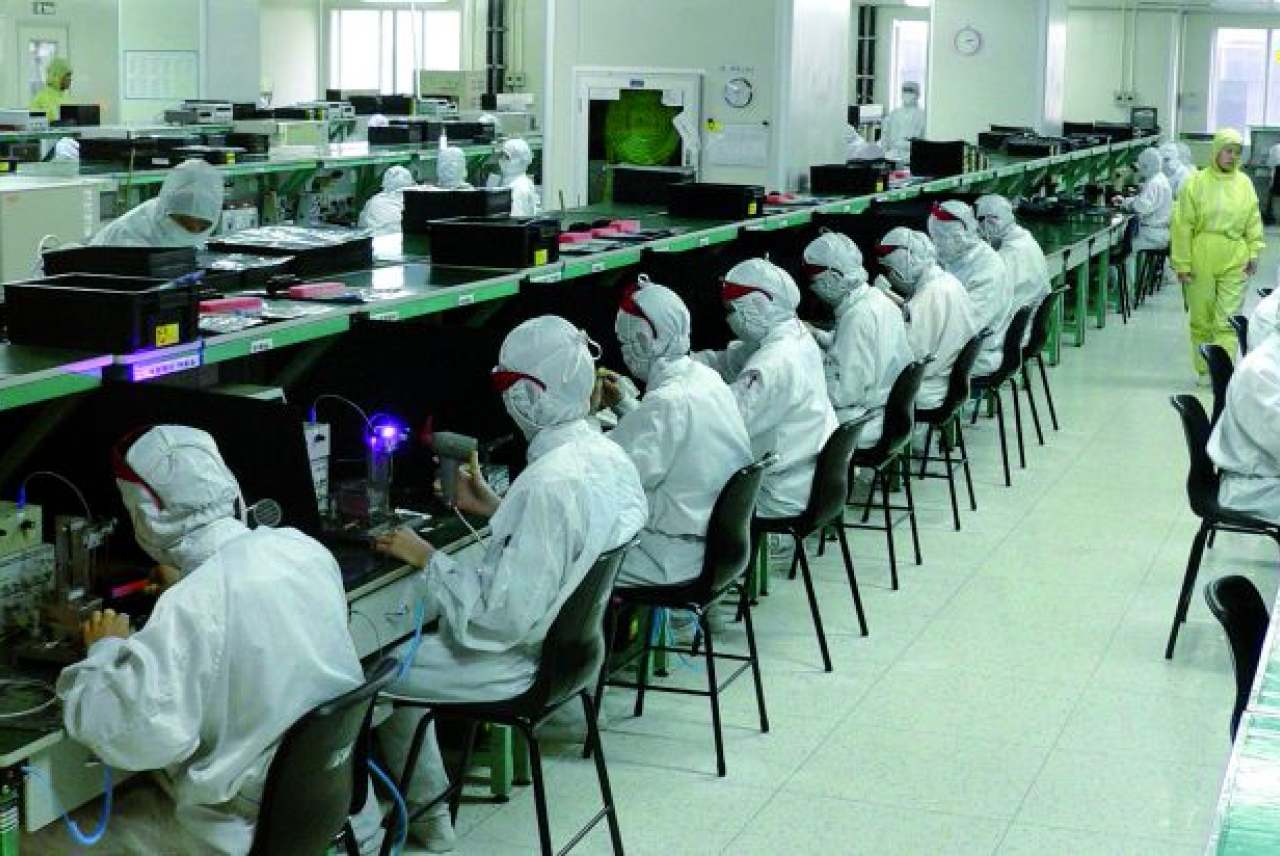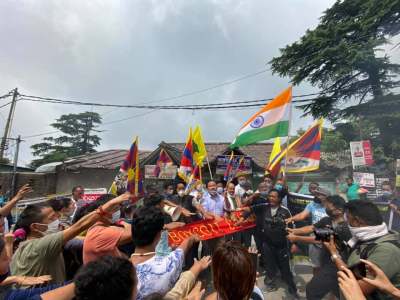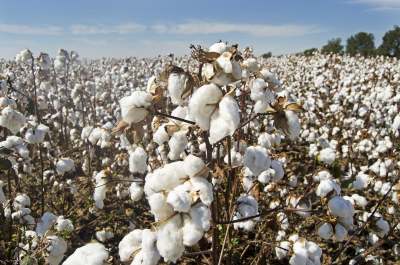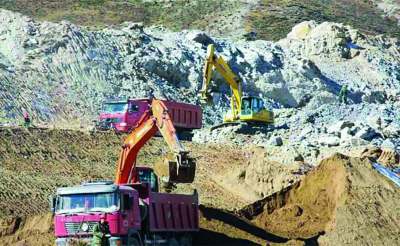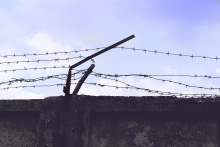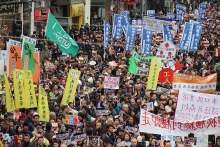What is the current situation?
The Chinese Communist Party (CCP) has perpetrated multiple human rights abuses since it came to power in 1949.
It operates a mass surveillance state, with the “silencing of human rights defenders, journalists, and activists, and restrictions on the internet” across the country.
Since it annexed Tibet in 1951, it has denied religious, cultural and political freedoms to those within the region, and perpetrated the “forced resettlement of the Nomadic people”, destroying their way of life.
In recent years, it has also curtailed political and civic freedoms in Hong Kong, effectively ending the region’s autonomy. Multiple protestors have been arrested, and many pro-democracy activists and candidates have been rounded up and charged under new security laws which could mean a lifetime in prison for anyone ‘undermining’ the region’s ‘unity with China’. In March, the CCP amended Hong Kong’s constitution, almost halving the city’s proportion of directly elected representatives, and requiring all candidates to be vetted for party loyalty.
Since at least 2017, the Chinese state has also implemented a crackdown on the Uyghur Muslim and other ethnic minority populations in the northwest of mainland China. Between 1 and 1.8 million Uyghurs are believed to have been held in ‘re-education camps’ - used to try and strip Uyghurs of their cultural and religious identity.
Those who have fled the region say they faced prison-like conditions and surveillance, and were forced to pledge loyalty to the CCP, renounce Islam, and learn Mandarin. Some say they were subjected to torture. Women say they experienced sexual abuse, with some forced to undergo abortions or have contraceptive devices implanted against their will.
Many say that China’s behaviour in the Uyghur Region amounts to crimes against humanity or genocide. In March, an independent report from the US-based thinktank Newlines Institute for Strategy and Policy found that the CCP had breached every single article of the UN genocide convention, showing “intent to destroy, in whole or in part, a national, ethnic, racial or religious group”.
Workers’ rights
For years, consumers have also been concerned about workers’ rights in the country.
From the 1970s, China saw enormous economic growth, termed by many as an ‘economic miracle’. Millions were alleviated from poverty. But China’s entry into the global economy was also linked with the growing exploitation of workers.
In 2011, Chak Khan Chan and Zhaiwen Peng wrote in an academic paper, “As a result of rapid economic growth and integration into the global economy, China has become the world’s biggest sweatshop.”
Workers report excessive overtime, unsafe conditions and sexual harassment (sources: China Labor Watch report, Guardian and Guardian). Minimum wages are not always paid and often do not cover the cost of living. Migrant workers are severely exploited. Labour laws frequently go unenforced. Workers facing these abuses are often unable to speak out because independent labour unions are outlawed and social activists face harsh crackdowns.
This economic system - in part fuelled by global corporations and consumer demand - is intricately linked with some of the state’s most extreme abuses, from aggressive resource extraction in Tibet to forced labour in the Uyghur Region.
